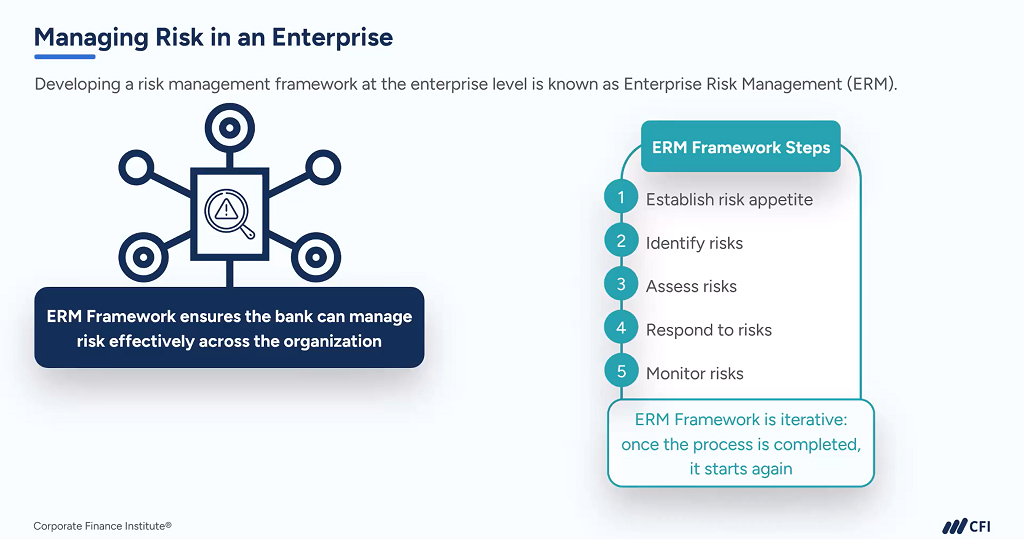Enhancing Operational Efficiency Through the Importance of Risk Management
Enhancing Operational Efficiency Through the Importance of Risk Management
Blog Article
The Significance of Understanding the Value of Risk Management in Numerous Industries

The Core Concept of Risk Management and Its Objective
Risk Management, the foundation of lots of markets, hinges on the identification, evaluation, and mitigation of uncertainties in a company environment. By appropriately recognizing prospective risks, organizations can establish methods to either prevent these threats from happening or reduce their impact. As soon as dangers have been recognized and assessed, the mitigation procedure involves designing methods to minimize their prospective impact.
Advantages of Applying Risk Management in Service Operations

Introducing the Function of Risk Management in Different Industries
While every sector confronts its one-of-a-kind set of dangers, the application of Risk Management approaches stays a common measure in their search of sustainability and development. In the health care sector, Risk Management involves ensuring individual safety and security and data security, while in money, it involves mitigating investment dangers and making certain regulatory conformity (importance of risk management). Construction business concentrate on worker safety and security, job hold-ups, and spending plan overruns. In the technology sector, companies alleviate cybersecurity hazards and modern technology obsolescence. Ultimately, the role of Risk Management throughout sectors is to recognize, analyze, and mitigate dangers. It is a necessary part of strategic planning, enabling companies to safeguard their possessions, make the most of chances, and accomplish their goals.
Real-life Situation Researches Demonstrating Successful Risk Management
To recognize the significance of Risk Management in these several sectors, one can seek to a number of real-life instances that highlight the effective application of these procedures. For circumstances, in the energy sector, British Oil established Risk reduction prepares post the 2010 Gulf of Mexico oil spill. They executed better safety treatments and more stringent policies which substantially lowered more mishaps. In finance, Goldman Sachs efficiently navigated the 2008 economic dilemma by identifying possible mortgage-backed safety and securities threats early. Toyota, upload the 2011 quake in Japan, changed its supply chain Management to lessen disturbance risks. These situations show exactly how industries, try this website picking up from dilemmas, efficiently used Risk Management methods to lower future threats.
Future Trends and Growths in Risk Management Methods
Cybersecurity, as soon as a peripheral worry, has catapulted to the leading edge of Risk Management, with strategies concentrating on prevention, detection, and reaction. The integration of ESG (Environmental, Social, Governance) variables right into Risk Management is another expanding pattern, showing the enhancing acknowledgment of the duty that ecological and social threats play in company sustainability. Thus, the future of Risk Management exists in the combination of innovative modern technology, ingenious strategies, and an alternative technique.
Conclusion
To conclude, comprehending the value of Risk Management across a spectrum of industries is vital for their durability and success. Tailored methods can help minimize potential threats, protect properties, and foster stakeholder trust. In visit their website addition, proactive decision-making help in regulative conformity and optimizes source usage. Eventually, successful Risk see this site Management adds to a lot more lasting and durable services, highlighting the significance of this practice in today's vibrant and highly competitive service environment.
While every industry faces its special set of threats, the application of Risk Management strategies continues to be an usual denominator in their quest of sustainability and growth. In the healthcare sector, Risk Management requires making certain client security and information defense, while in finance, it includes mitigating financial investment threats and guaranteeing governing compliance. Inevitably, the duty of Risk Management across sectors is to recognize, examine, and reduce risks. These cases show exactly how markets, learning from crises, effectively used Risk Management approaches to minimize future dangers.

Report this page